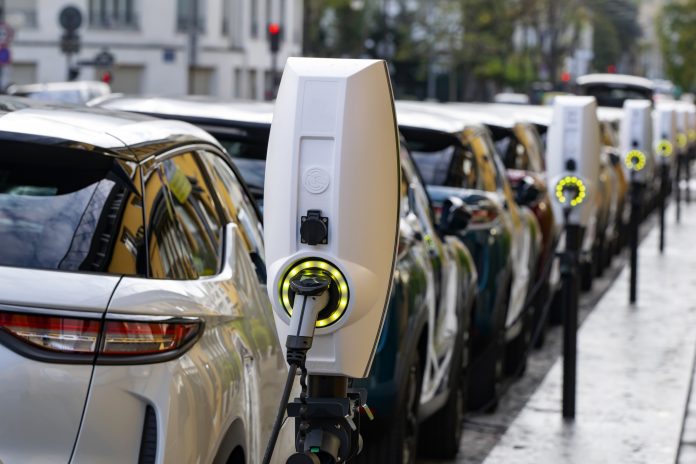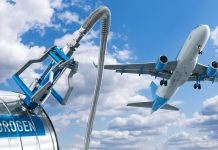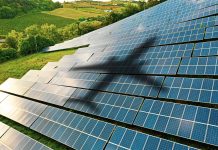The Defence Support organisation has launched hydrogen stations for Front-Line Command EVs, initiating the transition to electric vehicles
Aiming for a zero-emission fleet by December 2027, the Defence Support organisation is testing hydrogen’s viability as an energy source. This transition to electric vehicles seeks emission reduction and operational benefits guided by innovative approaches and technologies.
Hydrogen’s role in future defense energy
Air Vice Marshal Richard Hill, Director of Defence Support Major Programs, emphasised the collaboration’s significance in understanding hydrogen’s place in Defense’s energy mix. Utilising hydrogen to power white fleet electric vehicles advances sustainability in remote and supply-challenged environments.
Exploring hydrogen for enhanced resilience
RAF Leeming Station Commander, Group Captain Gareth Prendergast, lauded the program’s potential to enhance base resilience and operational capabilities. The GeoPura system’s trial at RAF Leeming reflects its broader capacity to impact domestic and international operations.
Pioneering eco-friendly transportation solutions
Aligned with government and ministry targets, the trial advances the transition to electric vehicles. Air Commodore Ange Baker noted the importance of rapid EV fleet recharging, emphasising its contribution to Defense’s global energy transition efforts.
In partnership with DIO, the Defence Support organisation collaborates to create energy infrastructure meeting Defense’s needs. GeoPura, specialising in renewable energy, provides comprehensive power, charging, and payment solutions, contributing to off-grid charging and emissions reduction.
The transition to electric vehicles is important
The transition to electric vehicles (EVs) is paramount in addressing contemporary environmental and energy challenges. EVs offer a sustainable alternative to traditional internal combustion engine vehicles, drastically reducing air pollution and greenhouse gas emissions.
This shift is pivotal in mitigating climate change and improving air quality, positively impacting public health.
Additionally, integrating renewable energy sources with EV charging infrastructure presents opportunities to reshape the energy landscape, decreasing dependence on fossil fuels.
Economically, the EV transition stimulates innovation, creating manufacturing, technology, and infrastructure development jobs. By embracing EVs, societies pave the way for a cleaner, more resilient, and sustainable future.











